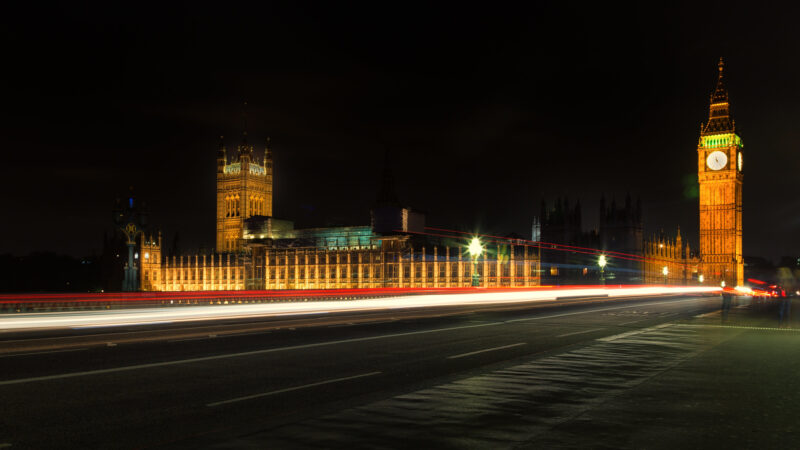When Britain’s pro-EU campaigners say resist, reform, rejoin… they ought to apply the first two to the UK

A country where 42.4% of the vote gives a party a solid majority in Parliament. A country where a decent and ethical chair of a parliamentary committee is ousted in favour of a government lackey. A country where a report into foreign influence over its democratic procedures is swept under the carpet. A country where the leading candidate to be Prime Minister can escape the scrutiny of the main television channel. A country that goes ahead with leaving the EU when three (Northern Ireland, Scotland, Wales) of its four component parts are against the terms of withdrawal.
Those are not signs of a healthy democracy.
Indeed Adam Ramsay calls the UK “the least democratic democracy in the western world” and I do not disagree.
And all of this is before I have even come to the issue of Britain’s exceptionalism with regard to the EU, and its persistent request for exceptions for this and that over the years.
My previous post examined why I thought the UK would likely not be in a position to rejoin the EU any time soon.
But, from the EU point of view, I also think having the EU out for a good while might not be a bad thing.
That was also why I found all the tears and sadness in Brussels last week a bit over the top. Yes, there have been Brits genuinely committed to the European project. But many of those bidding the EU a tearful farewell were those who tried to say astride the gap of UK exceptionalism and pro-Europeanism for far too long, and then found themselves then crashing to the bottom of the chasm when the sides moved apart too far.
I now see on Twitter the Remain crowd – now rebranding itself as the Rejoin crowd – have a new slogan: Resist, Reform, Rejoin. The problem though, as I have always argued, is that reform of the EU is in the eyes of the beholder. And what sort of reform could the UK even argue for from the outside that would facilitate the UK re-joining? Remember that the same notional pro-Europeans in the UK with tears in their eyes last week were the very same people who have for decades argued for a more intergovernmental EU, not for the democratisation of the EU in and of itself (i.e. federalism).
Put all of this another way, and more bluntly, should the EU even want the UK – in its current political state – back into the EU? I am not sure it should.
So the focus of resist and reform ought to in the first instance be in the UK. To resist the worst excesses of the current Tory government. To seek to get someone thoughtful and responsible elected as Labour leader (Starmer, ideally). To set in motion a process of UK constitutional and political reform, not least with the aim of sorting out the relationships between the component parts of the UK. Reform of political parties and the election system would be handy too, and perhaps a written constitution as well. Once that little lot is sorted out, perhaps the UK might be in a position to rejoin again.
So please, UK pro-Europeans, do not snark at von der Leyen’s Conference on the Future of Europe. Do not lecture from the sidelines about the problems of the rule of law in Poland or Italy, or patronise the EU about the problems of an independent media in Hungary. Yes, these are genuine problems. But the UK has a series of deep problems too, and only once those are addressed, and the UK’s exceptionalism is somewhat in check, might the UK once more be in a position to lecture others in Europe.
That’s what taking back control means, anyway, isn’t it? Take back control of your own affairs and, actually, trying to sort out the problems. When you’re done with that, UK, it might be time to rejoin.
That’s what it DOES mean!
Obviously we can’t reform the EU from outside it, and what exactly would we be resisting? It’s referring to resisting the Johnson government, reforming our clapped out political system and THEN rejoining the EU.
Absolutely right, Jon.
The UK has first to resist the excesses of the Tory ‘elective dictatorship’ and reform itself in order to earn the right to even consider rejoining the EU. It’ll take a decade at least.
PS in the 6th para I think there’s an ‘EU’ too many!!